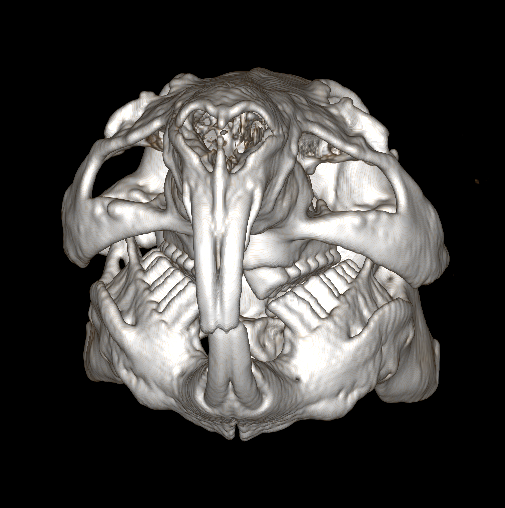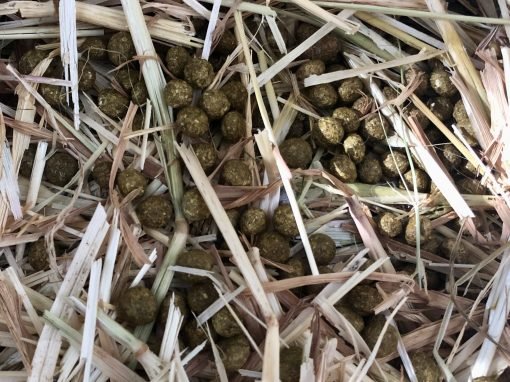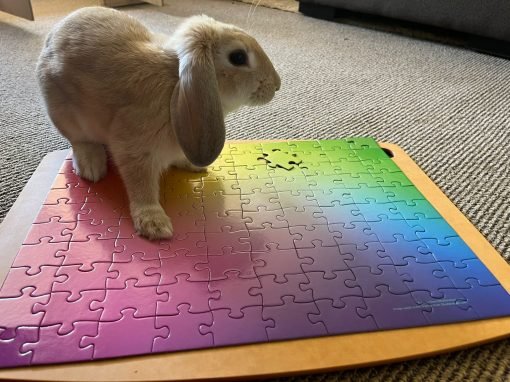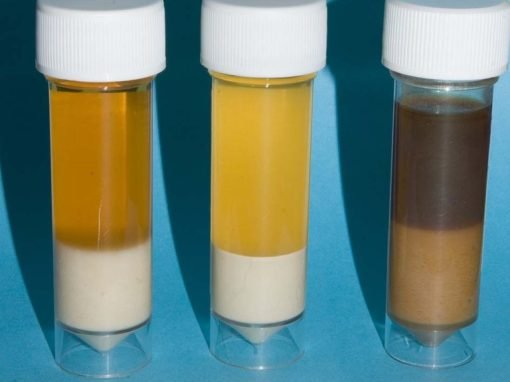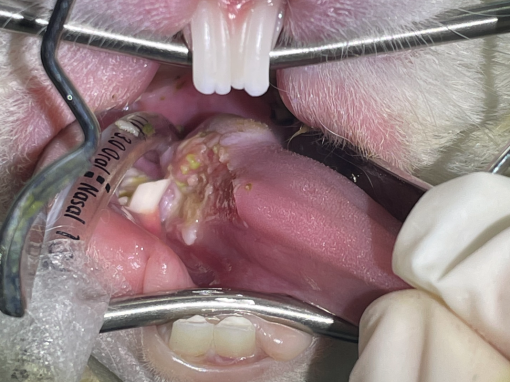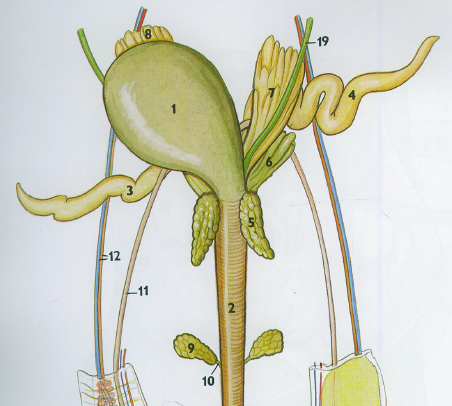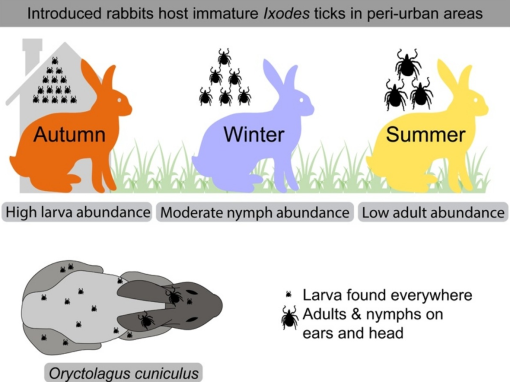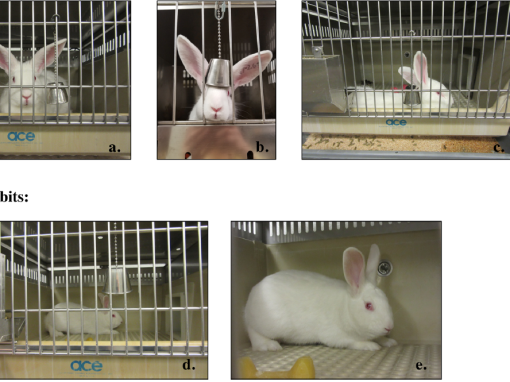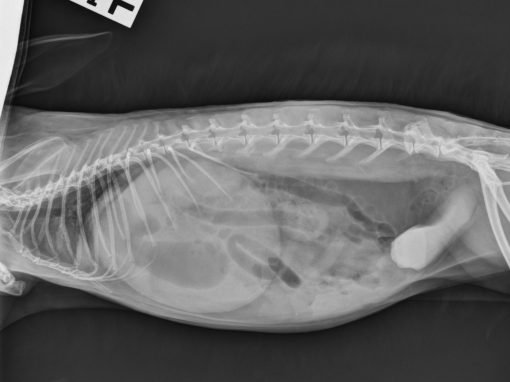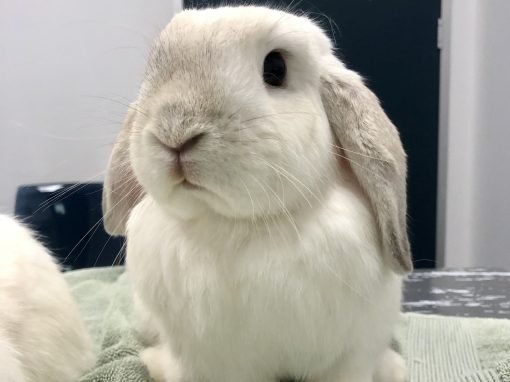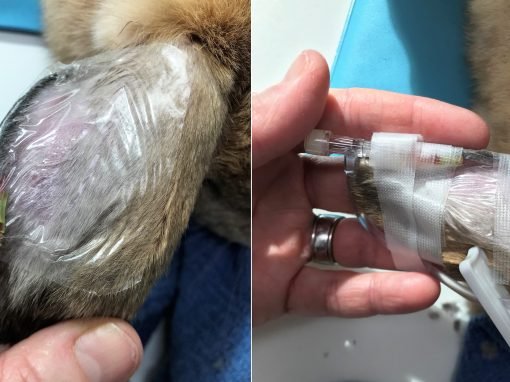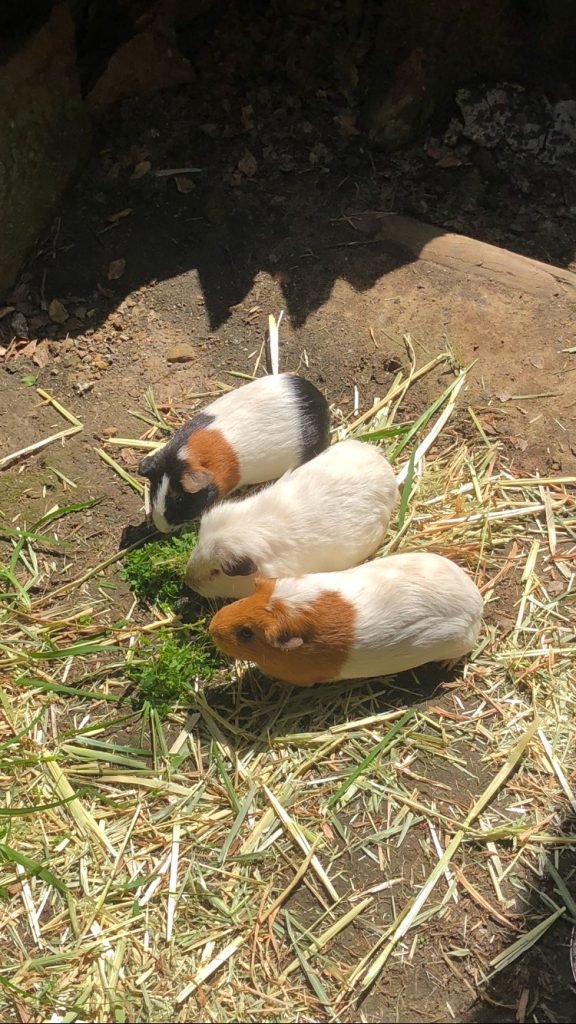
Guinea pigs, like people, require a dietary source of vitamin C because they lack the enzyme required for the conversion of glucose into ascorbic acid. Most animals have this enzyme and so don’t require dietary vitamin C.
Vitamin C deficiency is called “scurvy”. Vitamin C is required for collagen synthesis, so a deficiency affects the health of many tissues including blood vessels, skin, bone, cartilage, and teeth. Clinical signs in guinea pigs can be variable and include inappetence, impaired wound healing, infections, teeth grinding, lameness, joint swelling, poor hair quality, etc…
Diagnosis is made based on dietary history and clinical signs and can be confirmed with a blood test. However, it is often treated presumptively.
Initial treatment in severe cases consists of vitamin C injections and supportive care as indicated. It is a good idea to provide this treatment to any inappetent and sick guinea pig. Ongoing treatment is with oral vitamin C.
Prevention is by ensuring guinea pigs are fed a range of vitamin C-rich fresh foods and a small amount of good quality vitamin C-fortified guinea pig pellets. Vitamin C in the water is not recommended as it is unstable.


